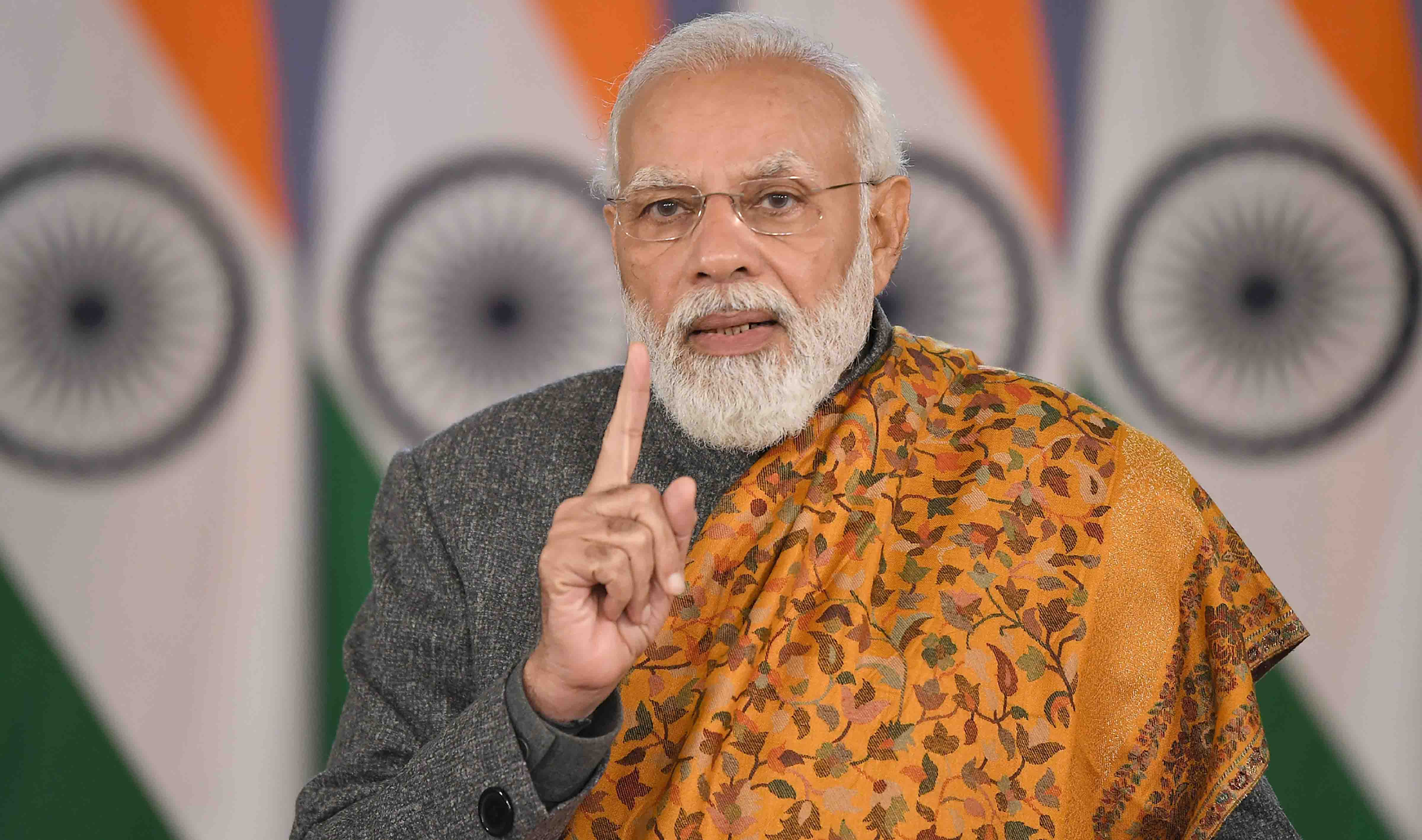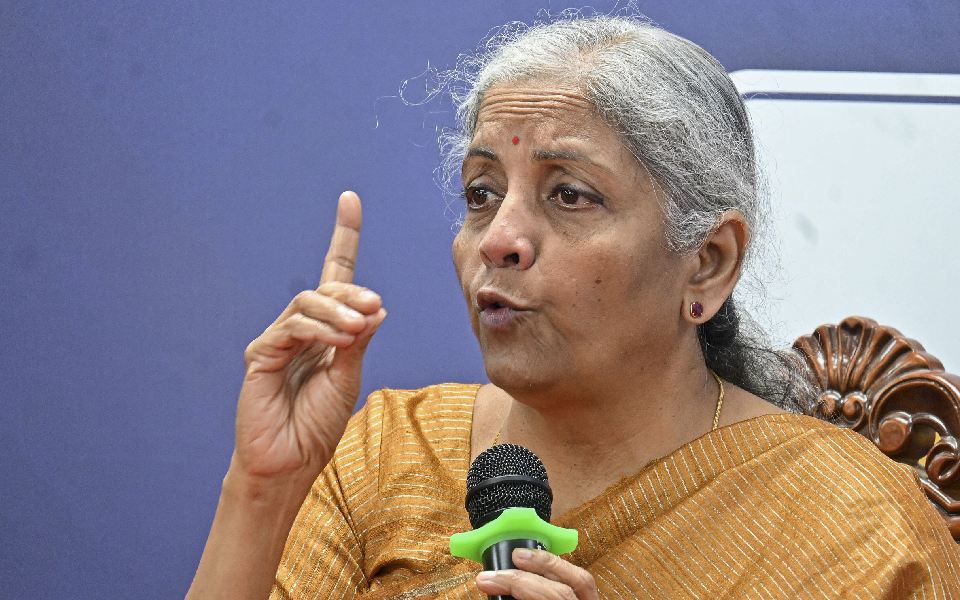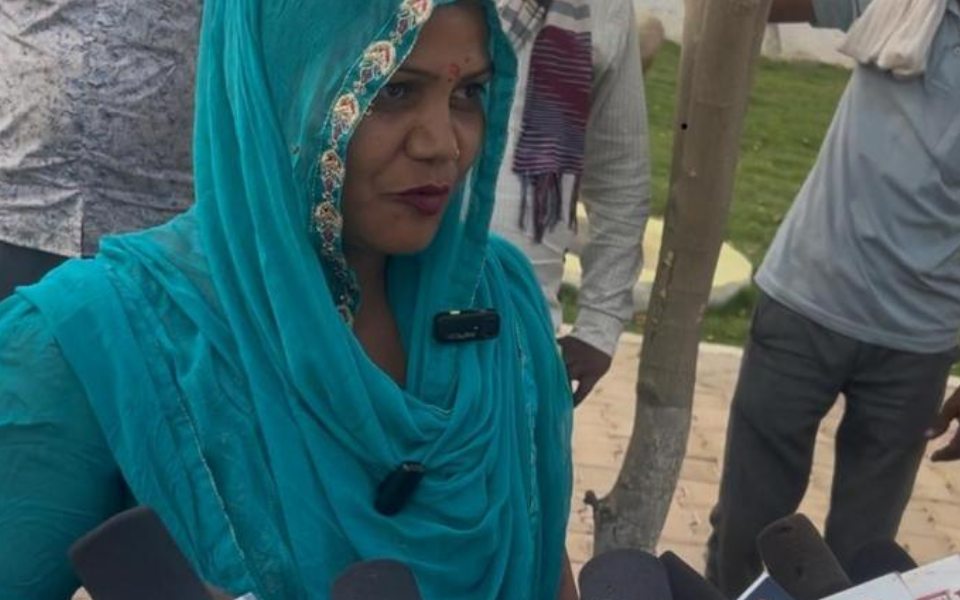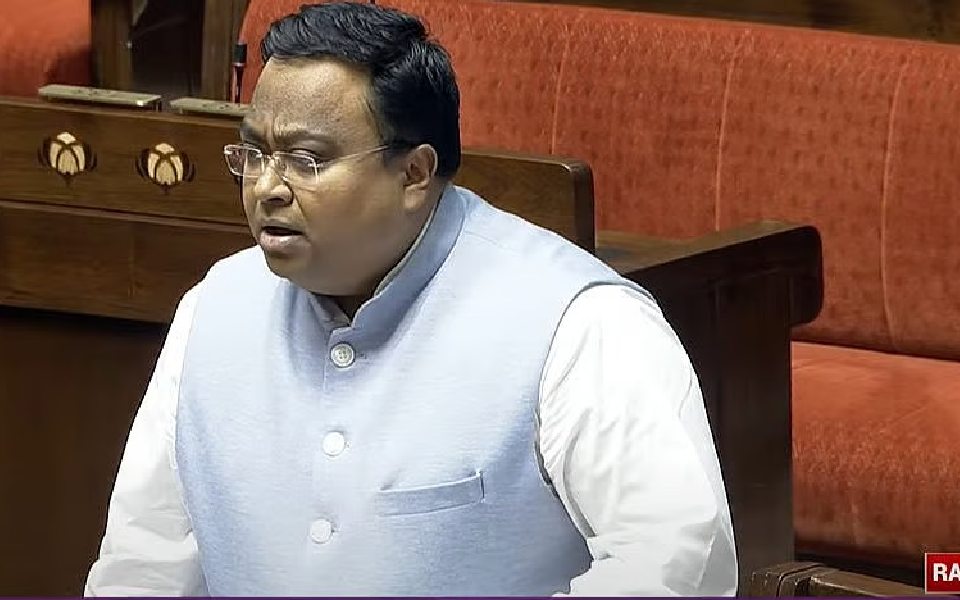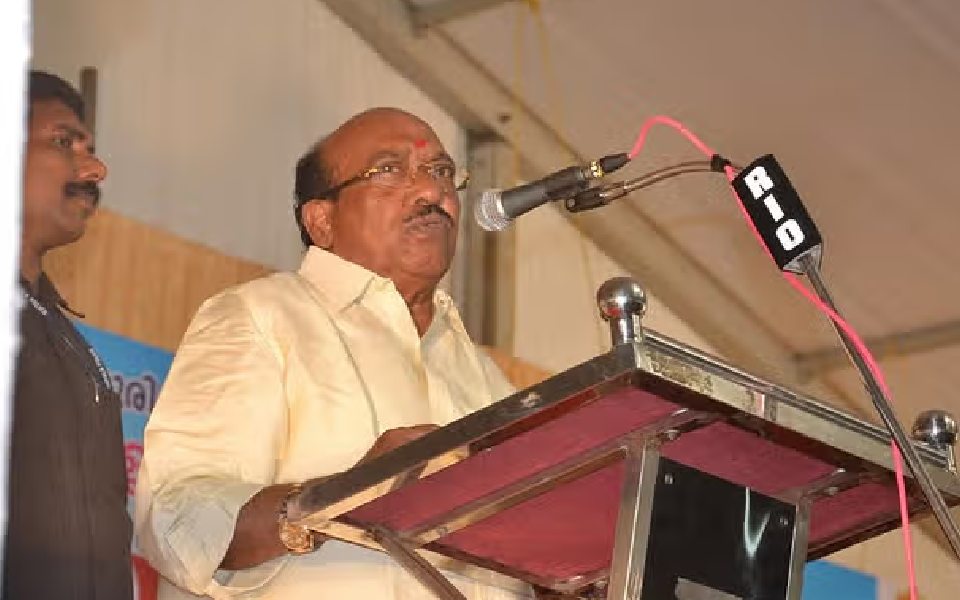Pune, Mar 6: Prime Minister Narendra Modi on Sunday attributed the success of the 'Operation Ganga' to evacuate citizens stranded in war-torn Ukraine to India's growing influence in the global arena.
We are evacuating thousands of Indians safely from the war zone through the Operation Ganga, Modi said after inaugurating the golden jubilee celebration of the Symbiosis University and its Arogyam Dham here.
It is due to India's growing influence that it has brought thousands of students from the war zone of Ukraine back to their motherland, he said.
Many big countries are facing difficulties in doing so for their citizens, Modi said.
Amid the escalating crisis in Ukraine, the Indian government, under the 'Operation Ganga', has flown 13,700 citizens - who were stuck in war-hit Ukraine - back to safety by special flights that were started last week, the government had said in a statement on Saturday.
On Sunday, addressing students in Pune, Modi said their generation is lucky that it does not have to bear the brunt of a defensive and dependent psychology . If the country has seen this change, then the credit goes to the youth of the country, he said.
He said sectors where the country would not have thought of standing on its feet, it is now becoming a global leader in those areas.
The PM also cited the example of mobile and electronic manufacturing and the defence sectors.
In the area of defence, we had come to believe that we could do anything only on the basis of whatever others gave. But, today things have changed, he said.
The PM said India is now becoming a defence exporter. Two defence corridors are underway where modern weapons will be manufactured and fulfill the country's security needs, he added.
India has emerged second in the area of mobile manufacturing. Seven years back, the country only had two mobile manufacturing companies. Today, more than 200 manufacturing units are involved in this, he said.
From the software industry to health sector, from Artificial Intelligence to automobiles and electric vehicles, from quantum computing to machine learning, new avenues are coming to the fore, he mentioned.
Modi said reforms are taking place in the areas of geo-spatial systems, from drones and semi-conductors to space. These reforms have brought opportunities for the youth.
The government in the country trusts the capabilities of the youth, which is why many sectors are liberalised, he said.
The world's third largest start-up ecosystem is in India, the PM said, adding that the 'Start-up India', 'Stand-up India', 'Make in India' and 'Atmanirbhar Bharat' (initiatives of the government) represent the aspirations of the youth.
"Today's India is innovating, improving and influencing the world," he said.
Modi cited the example of how India showed its capability through a vaccine against COVID-19.
The prime minister exhorted the youth to start their own start-ups to find solutions to the challenges faced by the country. He said the solutions to the local challenge should come from universities.
Let the Truth be known. If you read VB and like VB, please be a VB Supporter and Help us deliver the Truth to one and all.
Chennai, Apr 5 (PTI): Union Finance and Corporate Affairs Minister Nirmala Sitharaman on Saturday dismissed the false propaganda surrounding the 'One Nation, One Election' concept, clarifying that it will not be implemented in the upcoming elections.
Speaking at an event near here, she noted that around Rs 1 lakh crore was spent during the 2024 Lok Sabha elections, and such a massive expenditure could be saved through simultaneous elections.
"If simultaneous elections are held for electing the members of Parliament and Assembly, about 1.5 per cent growth will be added to the country's GDP. In value terms, Rs 4.50 lakh crore will get added to the economy. This is a black and white example of One Nation One Election' concept", she said.
Sitharaman accused certain parties of "spreading a false campaign" on the 'One Nation One Election' initiative, blindly opposing it.
She clarified that simultaneous polls are planned to take place only after 2034 and the groundwork is being laid now for the then President to give his assent.
"This concept was widely discussed on several occasions. It was not something introduced by the Prime Minister Narendra Modi. This' One Nation One Election' was in existence till the 1960s. Instead of blindly opposing it, if it has been supported considering its benefit, the 'One Nation One Election' concept will make the country move forward," the union minister remarked.
Sitharaman claimed that the late DMK Patriarch M Karunanidhi had supported the 'One Nation One Election' concept, but his son and the current Chief Minister (M K Stalin) is not following in his father's footsteps and instead opposing it.
Sitharaman reiterated that the 'One Nation One Election' concept was not someone's "pet" project, but has been planned considering the welfare of the country.
In her about 30 minute speech, the Union Minister clarified that simultaneous polls refers to conduct of Parliamentary and Assembly polls and not local body elections.
"There has been talk that simultaneous polls referring to elections will be conducted even at that Municipality level. It is not. It only pertains to the conduct of Parliamentary and Assembly polls together" she said.
She recalled that in the 1961-1970s three elections were conducted within 10 years in five states, including Kerala, Uttar Pradesh, Punjab, Bihar and West Bengal.
Again, in the 1971 to 1980s, four elections were conducted in more than 14 States within 10 years.
Drumming up support for ONOE, Sitharaman said frequent conduct of Parliamentary and Assembly polls disrupts public welfare administration and affects developmental activities when the Model Code of Conduct is enforced.
"For example, even if an ambulance has to pass through a vital road, if the road has been laid but was not inaugurated due to implementation of model code of conduct, in view of elections, it gets affected," she said.
She clarified that she was not opposed to the implementation of Model Code of Conduct (MCC) but at the same time, a project gets stalled and one has to wait until the MCC is lifted.
Another important aspect of holding simultaneous polls is that nearly Rs 12,000 crore would be saved to the exchequer, she said and added that such a huge sum can be used for various people welfare schemes instead of spending in elections.
"A Parliamentary Standing Committee comprising MPs from all the parties participated in a discussion on simultaneous polls and recommended it and again in 2018, Niti Ayog suggested conducting One Nation, One Election concept," she said.
In 2019, another all party meeting was convened on holding One Nation, One Election in which out of 19 political parties, 16 of them approved it while CPM, RSP and AIMIM from Hyderabad opposed it.
Sitharaman also referred to deployment of para-military forces as in the 2019 elections, several lakhs of personnel were involved in poll related activities instead of carrying out their regular work while 25 lakh election administrative officials participated in the conduct of the polls in 12 lakh booths.
With the implementation of One Nation, One Election, voter percentage would also increase in states, she added.

